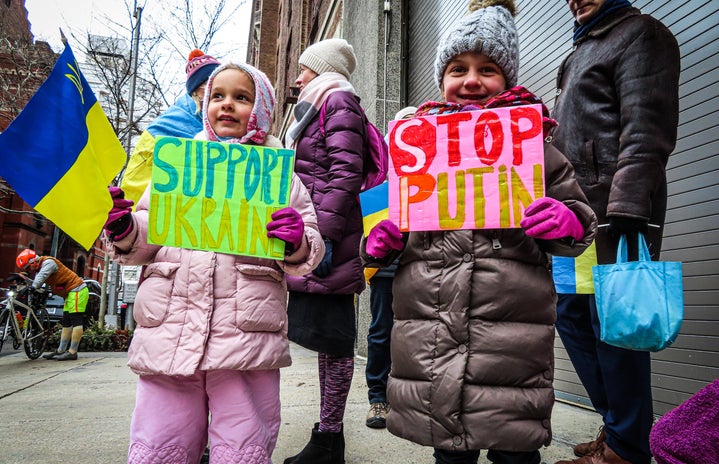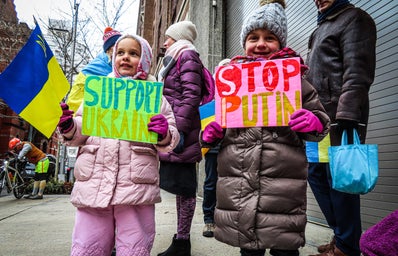Russian art, such as theater, cinema, and music, has been appreciated all over the world, but since the beginning of the conflict between Russia and Ukraine, on February 24th, this scenario has changed. Multinational companies have canceled their services in the big ex-Soviet Union country, and a new wave of xenophobia towards Russian culture and people has started in the occidental community.
On March 1st, by the sixth day of the Russian attacks, the Canne Festival had announced that Russian film productions would not be screened by the event. The same sanction has been applied by the Glasgow Film Festival and the Stockholm International Film Festival. On the same side, as a punishment to the Russian state, YouTube has stopped monetizing content creators from the country. Other social media, such as Facebook and Instagram, have decreased the achievement of Russian posts. Furthermore, the Poland Opera has canceled the Russian presentation Boris Gudunov and Tugan Sokhiev, a Russian conductor, have said that his society is a victim of “cancel culture”. The Russian boycott was also the reason for the firing of the biggest music conductor, Valery Gergiev, from the Munich Philharmonic.
Moreover, on March 5th, the money transactions between Russian Mastercard and Visa cards to the whole world have been blocked. Brazilian English teacher Fábio Souza, who has been living in Russia since 2017, states: “I have been living hard because I can’t use my Russian card in Armenia (where he is for a trip). So, I rely on the physical money I took with me when I traveled to Armenia (…) Though, my biggest problem is the feeling of an uncertain future”.
The situation is on the same side when talking about independent artists who do not have state support and are, now, incapable of receiving money from international consumers and also of paying social media to promote their work. About that, Diana Soares, a master of Russian culture and literature by USP, says that “the income of Russian independent artists comes from the internet and social media monetization, because of this, the sanctions harm these people, who find themselves more and more isolated. This boycott ended up silencing further Russian artists, who are already silenced by their State”.
Multinational companies have pronounced themselves, justifying the boycott, saying that it’s an answer for “the attack against Ukraine” (Spotify) and that they are “evaluating the impacts of these events” (Netflix). On the other hand of this new wave of canceling Russian culture, the Mayor of Firenzi, Dario Nardella, spoke up: “it seems that we are at a hysteria level against Russian citizens, who have no blame of being born in this country”. Even though the president of the Russian Culture Association of Rio de Janeiro, the Russian Elena Nikolaevna Serebryakova, a culture specialist, said that “actually, nobody is looking at art. Art and artists never come in the first place”. The international pressure towards the Putin government by punishing Russian culture could not work well according to Elena, who affirms that “as being part of any manifestation against the State, you could get 15 years of prison. Do you want it? Neither do I.”
————————-
The article above was written by Pietra Sábia and edited by Carolina Azevedo. Like this type of content? Check out Her Campus Cásper Líbero for more!


